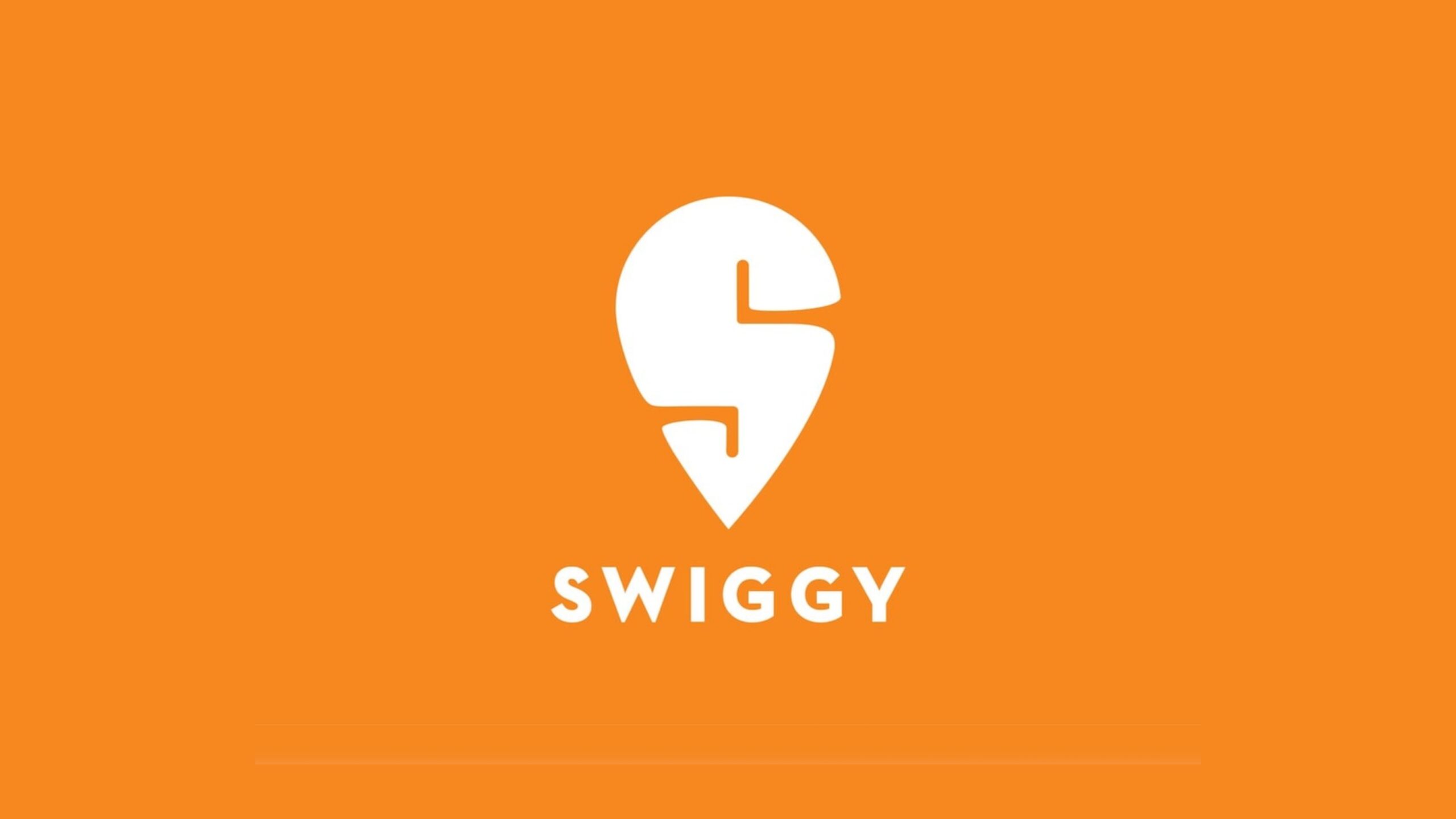Swiggy, one of India’s top food delivery services, is gearing up for its Initial Public Offering (IPO). Since its founding in 2014, Swiggy has revolutionized food delivery across India, connecting customers to their favorite restaurants and helping them order food with ease. Going public is a major milestone for Swiggy and a significant event in India’s food-tech industry.
What Is an IPO?
An IPO, or Initial Public Offering, is when a private company first sells its shares to the public, becoming a publicly traded company. With this IPO, Swiggy will allow individuals to buy shares and become stakeholders in its journey.
Why Swiggy’s IPO Is Creating Buzz
 Revenue Sources for Swiggy
Revenue Sources for Swiggy
- Commissions from Restaurants: Swiggy takes a commission on every order placed through its platform.
- Delivery Fees: Customers also pay a fee based on factors like order distance and time.
Expanding to Grocery Delivery with Instamart
Swiggy recently launched Instamart, a service for quick grocery deliveries, offering essentials to customers in minutes. This service focuses on urban areas and is expected to contribute significantly to Swiggy’s overall revenue as demand grows.
How Instamart Contributes to Revenue
Instamart partners with local suppliers, providing a wide range of groceries. This service represents a new revenue stream for Swiggy as online grocery shopping grows in popularity.
Swiggy Genie: A Hyperlocal Delivery Solution
Swiggy Genie is Swiggy’s local delivery service that lets users send or receive items within the city. Whether it’s delivering small packages or picking up forgotten items, Genie enables Swiggy to diversify beyond food and build a presence in local logistics.
Financial Overview and Key Metrics
Revenue Growth
Swiggy has experienced substantial revenue growth thanks to its broad reach and multiple services. Like many tech-driven companies, Swiggy is still working toward profitability, as the competitive food delivery space requires significant investment.
Breakdown of Swiggy’s Revenue
- Food Delivery: The primary source of Swiggy’s revenue.
- Instamart and Genie: New services that are adding to Swiggy’s revenue.
- Subscription Services: Swiggy One offers benefits like free delivery to subscribers, providing an additional source of income.
Operational Costs and Challenges
Swiggy’s major expenses include payments to its delivery personnel, maintenance of its technology infrastructure, and marketing costs. The company has also invested heavily in customer acquisition through discounts to retain its market share.
Details of the IPO
Estimated IPO Size and Valuation
Swiggy’s IPO and its valuation reflect the company’s rapid growth and importance in the market. Analysts predict that Swiggy could be valued between $8 billion and $10 billion, making it one of India’s largest tech IPOs.
Expected Share Price and Investor Access
The IPO will likely offer shares at a range suitable for both major and individual investors. While large institutional investors may get first access, a portion is expected to be available to individual buyers as well.
Purpose of the IPO and Planned Fund Use
Swiggy plans to use the funds raised from the IPO to expand its services, upgrade technology, and support growth. Key areas for investment include:
- Expanding Reach: Moving into new cities and potentially rural areas.
- Service Enhancements: Investing in technology to make deliveries faster and improve user experience.
- Developing New Verticals: Expanding Instamart and exploring other service opportunities.
Swiggy vs. Zomato: Competitive Landscape
Comparison of Market Shares
Swiggy’s main competitor in the food delivery space is Zomato, which went public in 2021. Both companies are major players in India’s food delivery market, each striving to increase its share.
Comparing Strengths
- Swiggy: Known for its extensive delivery network and smooth app experience.
- Zomato: Having already gone public, it has attracted significant investment.
How Swiggy Stands Out
Swiggy’s strategy includes Instamart and Genie, two services that help it diversify beyond food delivery. By expanding into grocery and local logistics, Swiggy has reduced its dependence on food delivery alone and set the stage for long-term growth.
Risks and Considerations for Investors
Market and Regulatory Challenges
India’s food-tech industry faces various regulatory challenges, including data privacy laws and workforce regulations, which could affect Swiggy’s operations.
Profitability and Financial Challenges
Like other tech companies, Swiggy has prioritized growth over immediate profitability. Investors should consider Swiggy’s long-term plans for profitability and its strategies to manage costs.
Operational and Competitive Risks
Swiggy’s operations depend on a large team of drivers, making efficient logistics crucial. Competing with smaller, local platforms could also affect Swiggy’s growth potential.
Conclusion: Is Swiggy’s IPO a Worthwhile Investment?
Swiggy’s IPO is an exciting opportunity to invest in a rapidly growing market. With a broad service offering and strong market presence, Swiggy is well-positioned for growth. However, investors should weigh factors like profitability, competition, and regulatory risks before making a decision.
Final Thoughts on Swiggy’s Future
Swiggy’s IPO is not only a significant milestone for the company but also a sign of growth in India’s startup ecosystem. If Swiggy successfully addresses operational and profitability challenges, it could secure its place as a leader in India’s consumer services market for years to come.







